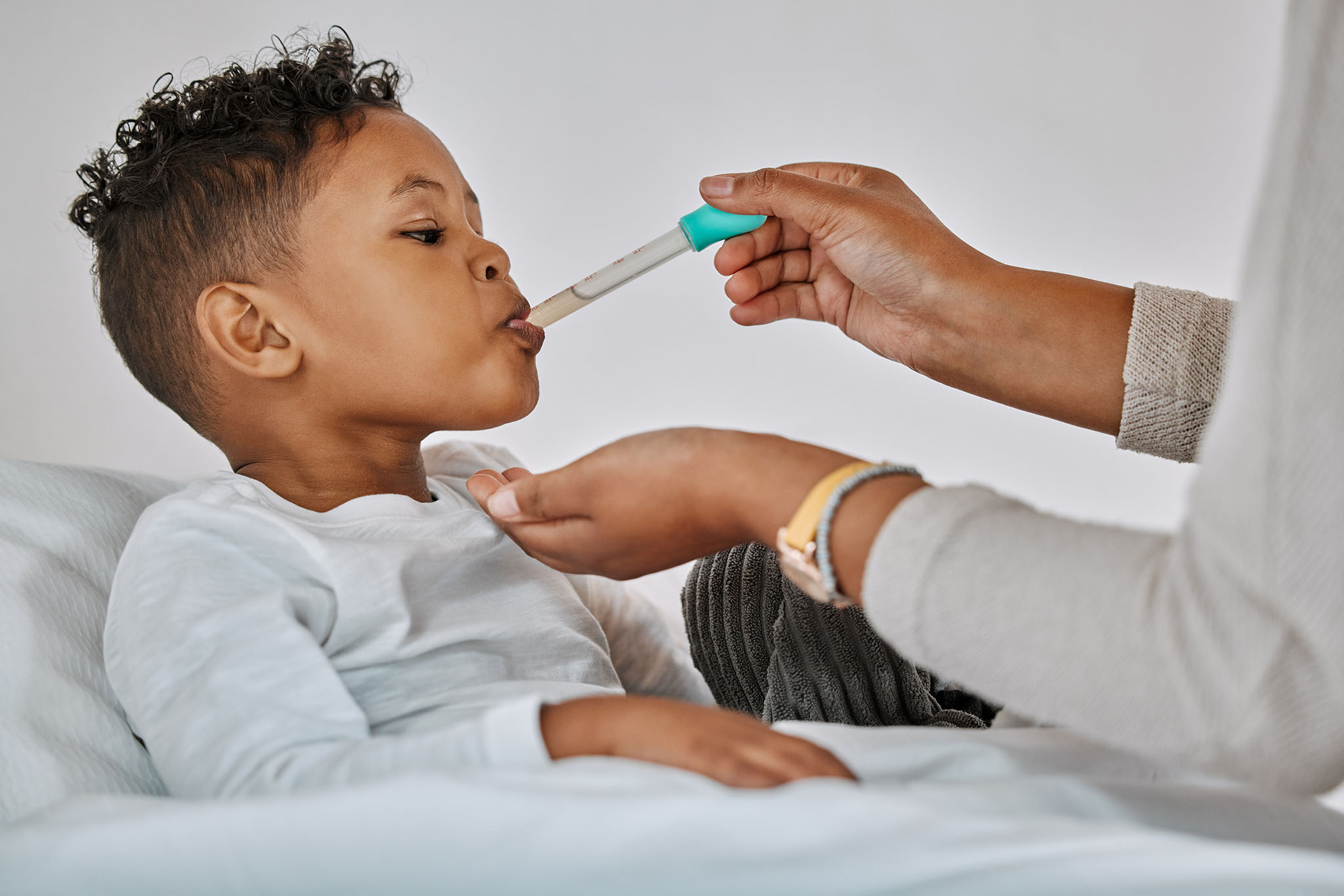Whether your child needs an occasional over-the-counter remedy or has an ongoing prescription, talking about it openly can help them stay safe. It also eases them into taking responsibility for it as they grow older. And believe it or not, the time you spend now — along with setting a good example — can help children avoid substance misuse, abuse, and addiction later in life.
Age and Expectations
Younger children should not use medicine on their own. By age 10, many kids can take on medication tasks while being watched by an adult. At age 14, your child’s pediatrician can help you assess what they can do alone.
Hands-On Advice
Follow these tips to help children build good habits:
- Send the right message. Never call it candy or entice them to take their “yummy medicine.” Every grimace when they take the yucky medicine is a chance to explain that it’s meant to help them feel better and stay well.
- Read labels together. This tells kids how much to take and when. Even if your child is too young to read it themselves, you’re modeling responsible behavior. When they’re older, the warnings and other details will become more meaningful to them.
- Talk about side effects. Give younger children alternate words and phrases to use, like tummy ache. This will help them tell you or another grownup when they feel a side effect. For all kids, make it clear what signs need attention right away. For example, sweating and becoming lightheaded after taking insulin.
- Let them help you. When they’re ready, children can help count pills, measure liquids, and track their use in a chart or calendar. To get the right amount, use the cup or dropper to measure liquids, not a spoon. Tell them that it’s important to always follow the health care provider’s directions. And praise them because that’s what they’re doing!
Daily Medicine
For kids who take medicine for a chronic condition, such as diabetes or asthma, set a routine and get them involved. Children can help you:
- Choose a set time to take it. One option is before brushing their teeth.
Pick a place to store it. Let them know this helps keep siblings, friends, and pets safe. - Stay on top of school policies. You both need to know what to expect and who can provide help when it’s needed. Be sure to update the care-related information in your child’s student education plan before the start of each school year, if needed.
- Preparing children to manage their own care also helps build their confidence and ready them for adulthood.


